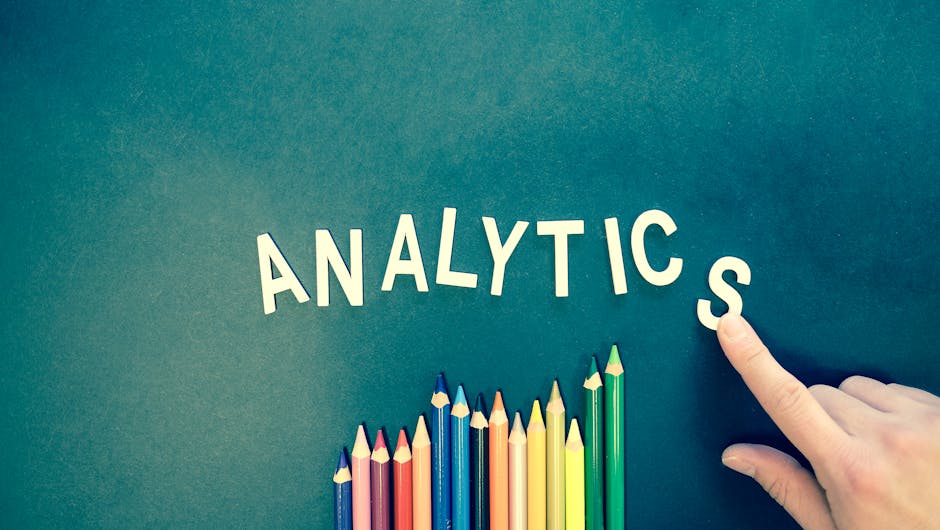Marketing in 2025: AI and SEO Converge for a New Era of Digital Strategy
Artificial intelligence (AI) and search engine optimization (SEO) are inextricably linked in 2025, fundamentally reshaping digital marketing strategies across industries. This convergence is driving unprecedented levels of efficiency and personalization, yet also presents significant challenges for businesses unprepared for this rapid technological shift. Early adopters are already seeing significant returns, while laggards risk being left behind in an increasingly competitive landscape.
The Rise of AI-Powered SEO Tools
The most significant development in 2025’s marketing landscape is the proliferation of sophisticated AI-powered SEO tools. These tools offer capabilities far beyond those available even a year ago. They go beyond keyword analysis, providing predictive analytics that anticipate search trends and user behavior with remarkable accuracy. This allows marketers to optimize content proactively, rather than reactively. The level of precision offered is unparalleled, allowing for granular adjustments to website architecture, content strategy, and link building.
Enhanced Content Creation and Optimization
AI’s role extends beyond analysis. It is now actively involved in content creation itself. AI tools can generate high-quality text, images, and even video content, significantly accelerating the content production pipeline. Furthermore, these tools can optimize existing content to improve its ranking in search results. This automation not only reduces costs but also frees up human marketers to focus on more strategic tasks, such as brand building and customer relationship management. The ability to adapt content rapidly based on real-time data is a game-changer.
The Impact on Search Engine Algorithms
Search engines themselves are increasingly incorporating AI into their algorithms. This shift means that websites optimized for traditional SEO practices may not perform as well as those leveraging AI-driven strategies. Search engines now prioritize content that is not only relevant but also engaging and personalized, factors that AI excels at predicting and delivering. This signifies a move beyond mere keyword stuffing to a holistic understanding of user intent and behavior. The sophistication of these algorithms demands an equally sophisticated response from marketers.
Challenges and Ethical Considerations
Despite the advantages, the increasing reliance on AI presents significant challenges. The potential for bias in AI algorithms is a major concern. AI models are trained on data, and if that data reflects existing societal biases, the AI’s outputs will also be biased. This can lead to unfair or discriminatory outcomes in search results, targeting, and advertising. Furthermore, the automation of content creation raises questions about originality and authenticity. Marketers must be vigilant in ensuring that AI is used responsibly and ethically. Maintaining human oversight is crucial to avoiding unintended consequences.
Data Privacy and Security
The growing use of AI in marketing also raises significant concerns about data privacy and security. AI-powered tools require vast amounts of data to function effectively, and the collection and use of this data must comply with relevant regulations. Businesses must be transparent with users about how their data is being used and take steps to protect it from unauthorized access. Failure to do so can result in severe penalties and reputational damage. This is a non-negotiable requirement for any business engaging in AI-driven marketing.
The Future of Marketing: A Human-AI Partnership
The future of marketing is not about AI replacing humans but about humans and AI working together. AI provides the tools and insights, but human creativity, critical thinking, and ethical judgment remain essential. Effective marketing in 2025 requires a strategic blend of human expertise and AI capabilities. This requires a workforce equipped with the skills and knowledge to effectively manage and leverage AI-powered tools.
Key Takeaways from 2025 Marketing Trends:
- AI-driven SEO tools are revolutionizing the marketing landscape. Predictive analytics and automated content creation are game-changers.
- Search engine algorithms are becoming increasingly sophisticated. They prioritize personalized and engaging content, demanding AI-powered responses.
- Ethical considerations are paramount. Addressing biases, ensuring data privacy, and maintaining human oversight are crucial.
- The future of marketing is a collaborative partnership between humans and AI. This requires a skilled workforce capable of effectively managing AI tools.
- Businesses must invest in AI training and development to stay competitive. The pace of technological change demands continuous learning and adaptation.
The integration of AI in SEO is not merely a trend; it’s a fundamental shift in how businesses approach digital marketing. Companies that embrace AI effectively will gain a significant competitive advantage. Those that fail to adapt risk becoming obsolete in a rapidly evolving market. The challenges are considerable, but the potential rewards are equally substantial. The human-AI partnership will define the future of successful marketing strategies.

